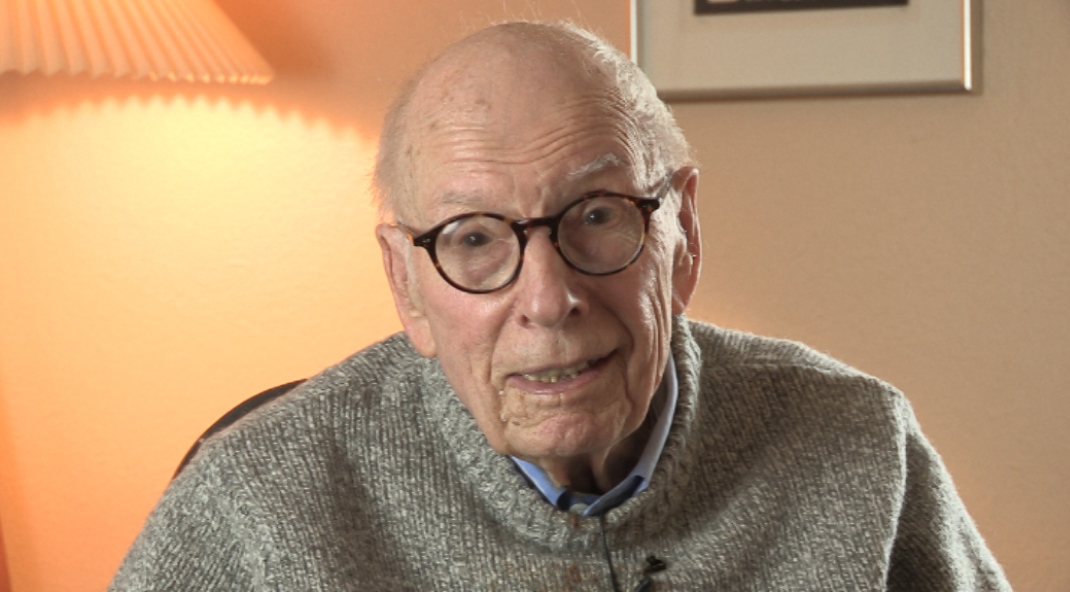NEXT STORY

If not slime molds, then what?
RELATED STORIES

NEXT STORY

If not slime molds, then what?
RELATED STORIES


|
Views | Duration | |
|---|---|---|---|
| 51. Notable scientist friends | 71 | 03:42 | |
| 52. A memorable meal | 58 | 03:08 | |
| 53. The brilliant JBS Haldane | 271 | 01:15 | |
| 54. Discovery of cyclic AMP creates a stir | 47 | 04:10 | |
| 55. Progress in experimental biology | 24 | 03:36 | |
| 56. Is my kind of biology ‘dead wood’? | 49 | 02:24 | |
| 57. If not slime molds, then what? | 35 | 01:15 | |
| 58. Natural selection in small organisms | 28 | 02:00 | |
| 59. What’s special about slime molds? | 44 | 01:48 |

I think basically, I'm an 18th century biologist, 19th, maybe 19th – 19th, coming up one. And I find myself thinking, it got to be 20th and 21st century biology after me. And there are lots and lots of wonderful things one can do with 19th century biology, and still can do, even though molecular methods are fantastic, but however, one can meld the molecular techniques with the old-fashioned ones. And I think it's a mistake to just throw away all the old ones because of the fact that for the most part, they are guiding, still, where to look for different kinds of molecules and molecular interactions. You know, when molecular biology first became the thing in places like Princeton and Harvard, there was this tremendous struggle between the molecular biologists who were saying, okay, now we'll take over. We'll do everything, you can go home. And it's, to me, fascinating, the fact that they actually believed that; my kind of biology was dead wood. And they wouldn't even pay attention to anybody who was working with evolution or something of that sort. It was dead wood. But now, we've come back completely to a middle, sensible road, where everything can give you information that you need.
John Tyler Bonner (born in 1920) is an emeritus professor in the Department of Ecology and Evolutionary Biology at Princeton University. He is a pioneer in the use of cellular slime molds to understand evolution and development and is one of the world's leading experts on cellular slime molds. He says that his prime interests are in evolution and development and that he uses the cellular slime molds as a tool to seek an understanding of those twin disciplines. He has written several books on developmental biology and evolution, many scientific papers, and has produced a number of works in biology. He has led the way in making Dictyostelium discoideum a model organism central to examining some of the major questions in experimental biology.
Title: Is my kind of biology ‘dead wood’?
Listeners: Christopher Sykes
Christopher Sykes is an independent documentary producer who has made a number of films about science and scientists for BBC TV, Channel Four, and PBS.
Tags: biology, molecular techniques, old-fashioned biology
Duration: 2 minutes, 24 seconds
Date story recorded: February 2016
Date story went live: 14 September 2016